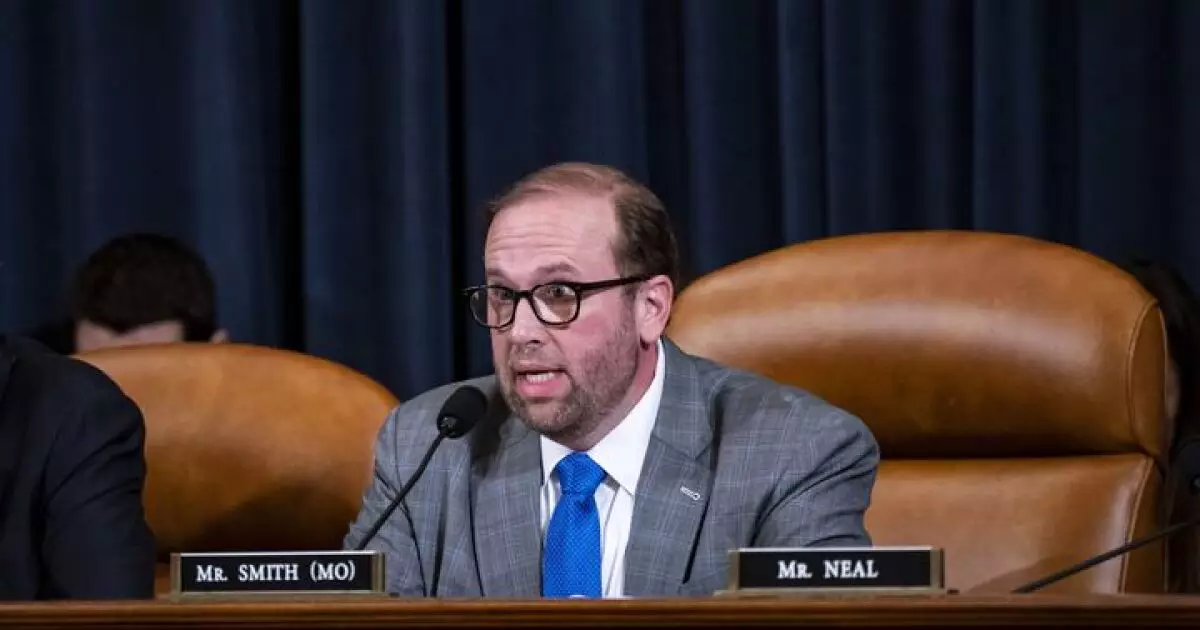The municipal bond market stands on the precipice of significant change as the House Ways and Means Committee engages in discussions that could lead to the elimination of tax-exempt bonds. This potential shift comes in response to a broader examination of policies aimed at financing an expansive tax extension plan, prompting concern among stakeholders in the municipal finance sector. The implications of such a development have raised alarms among municipal bond proponents, highlighting the fragility of this long-standing financial tool.
The possibility of abolishing tax-exempt status has sent shivers through the municipal bond community. Tax-exempt bonds have historically provided local governments with necessary funding while offering investors a tax-advantaged investment opportunity. If the House Ways and Means Committee follows through on cutting this essential feature, it could undermine investor confidence and drastically reduce the appeal of municipal bonds. As a consequence, municipalities may struggle to secure funding for critical projects ranging from infrastructure improvements to education initiatives.
The plight facing these bonds can be likened to a storm brewing on the horizon—one that has been anticipated for months yet still holds an air of uncertainty. The extensive 51-page list of targeted programs reveals a worrisome trend whereby taxation policy is increasingly scrutinized. It indicates that lawmakers are exploring every avenue to fund considerable tax reforms, which could inadvertently jeopardize municipal financing options.
In light of these developments, organizations such as the Bond Dealers of America (BDA) have ramped up their lobbying efforts. Brett Bolton, a senior figure in the BDA, emphasizes the importance of advocacy in safeguarding the tax-exempt status of municipal bonds. The BDA, along with allied groups like the Government Finance Officers Association, plans to engage in a series of meetings with legislators to convey the necessity of these tax exemptions. The urgency of this task is underscored by a ticking clock; as discussions progress, every imperiled tax policy might warrant a closer look from decision-makers.
The advocacy efforts are not just about preserving tax-exempt bonds. They represent a broader fight to maintain the financial mechanisms that support local governments and their initiatives. Conversations surrounding these tax-exempt bonds have the potential to influence public policy, and the outcomes could have far-reaching implications for both issuers and investors alike.
Potential Changes to Non-Profit Status and Deductions
The committee’s examination does not stop at tax-exempt bonds. The proposal to eliminate the non-profit status of hospitals, which comprises a significant portion of the municipal bond market, could further complicate the financial landscape. Hospitals and healthcare organizations play a critical role in municipal finance, and stripping them of their tax-exempt privileges would likely result in a seismic shift—one that would stifle funding for essential community services.
In addition, discussions regarding changes to the state and local tax deduction cap present another layer of uncertainty. The document circulated among municipal participants hints at a range of proposals, including the outright elimination of deductions for both individuals and businesses. Such drastic changes could have an immediate impact on local economies, influencing spending behaviors and constraining governmental budgets.
The deliberations by the House Ways and Means Committee signal a critical juncture for tax-exempt bonds and municipal finance. As stakeholders brace for potential policy shifts that could reshape the landscape of local government financing, the need for informed advocacy becomes ever more pressing. The coming weeks will be pivotal, as lobbying efforts intensify and the crucial voices of municipal bond defenders echo in hallways and meeting rooms across Capitol Hill.
The future remains uncertain, but the imperative to dialogue and educate lawmakers about the value of tax-exempt bonds is clear. Failure to adapt to these rapidly evolving discussions may have serious repercussions, not just for the municipal bond market, but for the communities that rely on them for essential funding and services. For both policy-makers and municipal advocates, the time to act is now—before the storm becomes an irreversible downpour.

